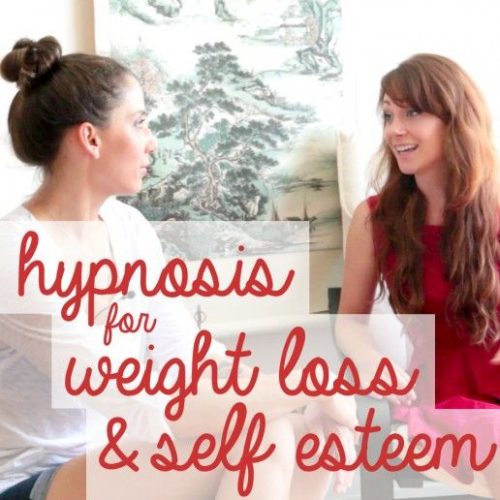
How did you feel the moment your mental health physician confirmed that you were indeed suffering from depression?
Most likely, you knew even before you got the assessment. It’s quite impossible not to have even the tiniest idea about it because the disease makes your colorful life seem and feel gray. The activities you used to enjoy, e.g., swimming, laughing, and hanging out with friends, drop down the bottom of your priorities too.
Despite that, having a mental disorder now is better than developing it decades ago. If you had depression back then, the doctors might only know to prescribe anti-depressants, which will draw you close to addiction. At least, with new advancements these days, you can already try various therapeutic methods.
Check out the therapies that may unconventionally ease your depression.

- Animal Therapy
Are you aware that dogs can get a certification to become companions of ill patients? While animals cannot speak, allowing humans to pet them can be beneficial for the latter. They are suitable for folks in a depressive state too, according to studies.
“The idea that interacting with animals can heal our broken minds and bodies is certainly appealing, particularly for those of us who love pets,” says Hal Herzog Ph.D.
- Art Therapy
In case it’s hard for you to talk about the causes of depression, that’s okay. You can heal by expressing every single emotion you’re bottling up creatively. The medium entirely depends on what you’re comfortable in, including pottery, poetry, drawing, painting, etc.
- Laughter Therapy
What laughter therapists want you to know is that you can chuckle your way out of depression whenever you please. The light mood that comes after laughing can improve – if not alleviate – your mental problem. Then, you may deem it more comfortable to open up to your loved ones or doctor. “Laughter is good medicine that can raise your endorphins, the feel-good neurochemicals in the body,” says Judith Orloff MD, a psychiatrist.
- Puppet Therapy
The idea behind using puppets as a treatment for depressed people is that the patient can utilize different voices to give life to the character. Once they feel accustomed to playing with the toy, the stories they narrate through the puppet may reveal their real emotions and assist with the healing process.

- Hypnotherapy
Among all the therapies out there, the one wherein hypnosis is the prime focus may be the most intriguing. Not much is known about the practice, except for what’s in the movies, which may not calm the patients’ nerves in the real world.
In truth, however, hypnotherapy is harmless. The health professional will put your conscious mind to sleep for a while, and then “tell” your subconscious to remove your fears or stop your damaging hobbies.
- Wilderness Therapy
Being in the wild has a lot of therapeutic advantages as well. The vast, picturesque scenery can make you appreciate the fact that you’re even there – something that the mental disease may be preventing you from doing since you acquired it. The survival activities that your counselor may prepare can also allow you to forget your worries for once and concentrate on the tasks at hand.
Dr. Steven Ilardi, a psychologist says that, ““Depression-free” communities such as the American Amish and Kaluli people of Papua New Guinea have shown us that these six lifestyle changes are key to happiness: Regular exercise, a healthy diet high in omega-3s, adequate amounts of sleep, longer exposure to sunlight, involvement in social activities and participation in meaningful, time-consuming tasks.”
- Primal Therapy
The primitive form of counseling is another thing to consider when trying to ease depression. Rather than encouraging the patient to use words to express repressed feelings, the therapist may direct them to recall hurtful incidences way back during their childhood days. From there, you can shout and cry to your heart’s content until the emotional pain subsides.